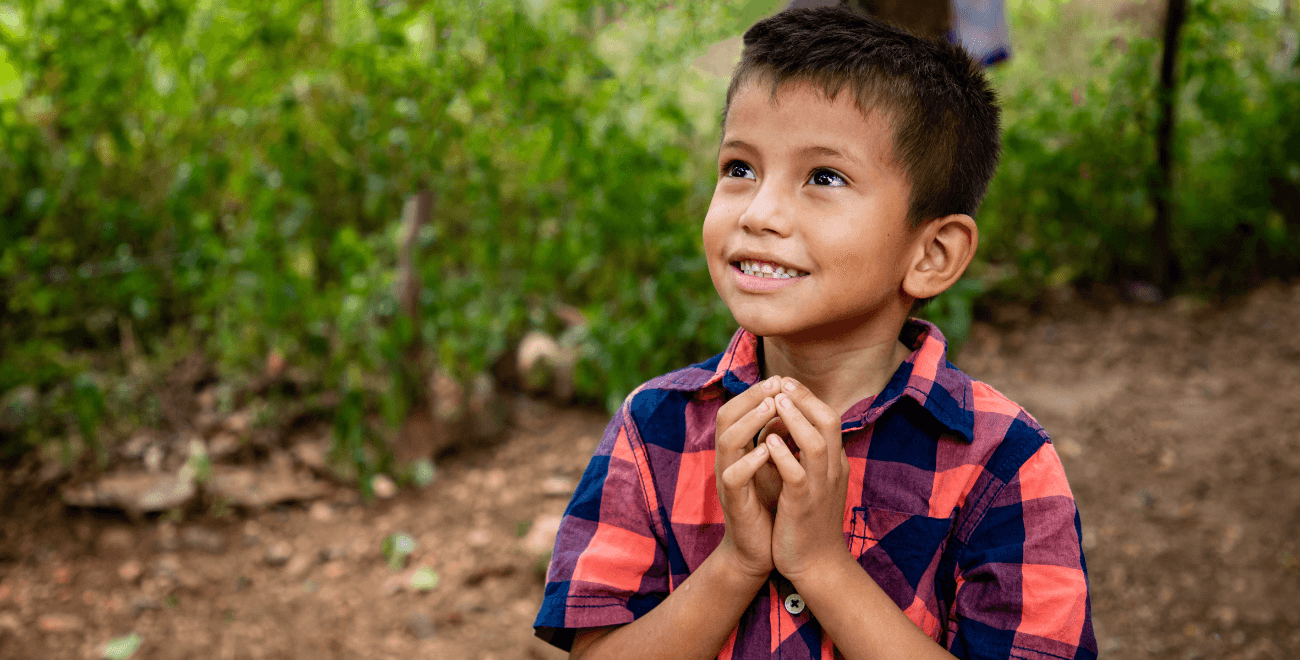Why Africa isn’t the country you think it is
On the Day of the African Child, reconsider this wonderfully diverse continent.

In July 2013, America’s ex-president, Bill Clinton tweeted, “Just touched down in Africa…Excited to travel for next 10 days…” Was this the truth? Yes. Was it the best wording? Probably not.
The more opinionated replies on twitter followed, “You just touched down in Africa? You’re in all 54 countries at the same time?!” and “Africa is pretty big. That’s like saying you just landed in North America. What country? What city?”
In many ways, his tweet can be brushed off as a quickly typed, misguided expression. However, Bill Clinton’s tweet also exposes an attitude that many of us may have towards the continent of Africa – all of Africa is the same. Africa is uniform from East to West, with a similar culture, few basic languages (Oh how “The Lion King” has misinformed us!) shaped by it’s poverty and dramatic landscape. These views may have been encouraged in our minds by the oversimplification of the continent which fills the news and the media.
It is important that we try and understand that this vast continent of one billion people is spread over fifty six separate nations. Compassion works in eight African countries each with its own culture, climate and cuisine. Understanding this helps us better understand how our sponsored children may be shaped by their country’s culture.


Chimamanda Ngozi Adichie, a Nigerian author, gave a TedTalk in 2009 called “The Danger of a Single Story”. She explains how if we hear only a single story about a person or country, we risk misunderstanding that person or place altogether. “The single story creates stereotypes, and the problem with stereotypes is not that they are untrue, but that they are incomplete. They make one story become the only story.”
After six years of travelling to and from various African countries and working with local and international charities as a photographer and writer, I’m still learning how to talk about Africa. Here are some pointers that continually help me reconsider this wonderfully diverse continent:
Using the label ‘Africa’ isn’t always helpful. Just as Europe has around 50 different countries, with their own cultures, languages, cuisines and governments, so does Africa. Did you know that over 2,000 languages are spoken across the continent? Zimbabwe has 16 official languages used across its government.
Africa is complex. For example the cultural differences between cities and even villages in African countries (indeed in any country) can be huge. Increasingly, the difference between modernising cities and rural communities is growing as technology advances urban centres.
In terms of International Development, it is recognised that various regions in Africa have starkly different needs. The Africa Regional Report produced on the Sustainable Development Goals, which were adopted at the end of last September, highlights this. Each of the five sub-regions has different development priorities. These range from tackling climate change and environmental challenges in North Africa, gender equality in West Africa, economic diversification in Central Africa, sustainable economic growth in East Africa and health and nutrition in South Africa.
Understanding the similarities between “The West” and “Africa”. While there are enormous differences and everything is relative, there are also similarities. Here in the UK, we also have banks, taxis, libraries, school uniforms, farmers, vegetables and church buildings. In my experience, friends I have made in African countries are shocked that, yes, we have problems in the UK too. We also experience sickness and pain. Whilst our environments may be different, we are part of broken families, there are people living without homes in our cities, crop diseases, car accidents, unemployment and alcoholism.
Chimamanda Ngozi Adichie explains during her talk that “Stories matter. Many stories matter. Stories have been used to dispossess and to malign, but stories can also be used to empower and to humanise. Stories can break the dignity of a people, but stories can also repair that broken dignity.”
May the way we learn and talk about this vast continent of Africa grow our understanding. May the stories we tell, share and listen to challenge our own and others stereotypes, empower people and restore broken dignity.
This blog post was originally published in October 2015. The photographs, however, have been taken in and around Kampala during the last week by documentary photographer Ella Dickinson.
Words by
Ella Dickinson
Share:
Share:
Pray with us
Join thousands of people praying to end poverty, take action through our appeals and activities, and be inspired by how God is changing lives.
Get a little Compassion in your inbox with our Prayer and Stories email.
Remember, you can unsubscribe at any time. Please see our Privacy Policy for more information.
